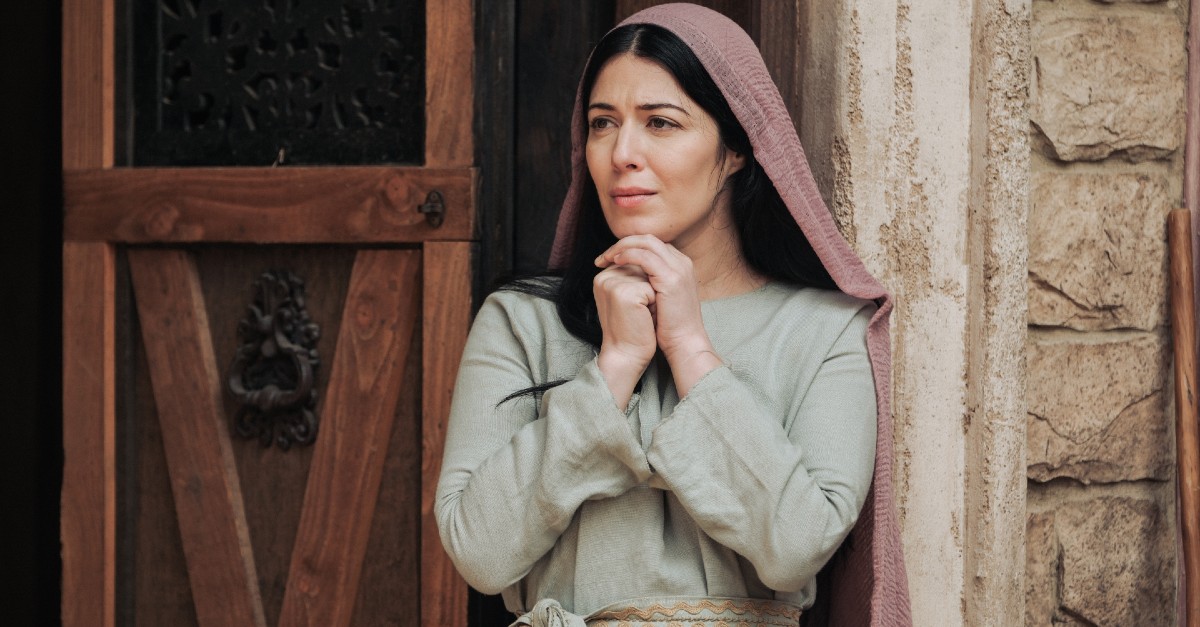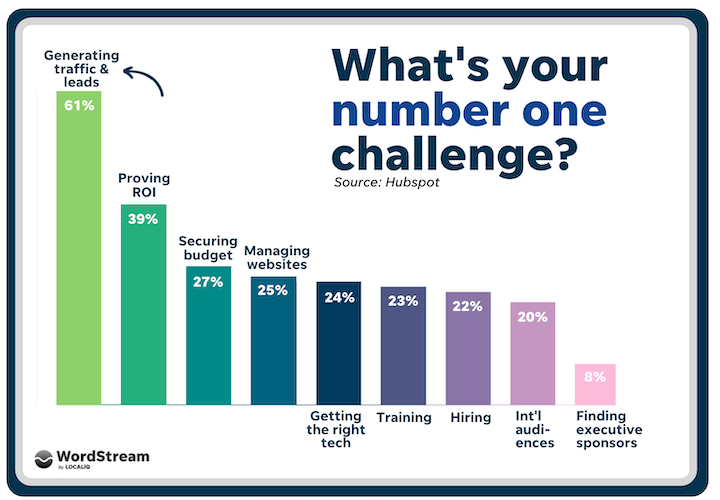Guidance Residential Review: Is Their Product Halal?
Guidance Residential is a U.S.-based company that claims to provide home financing solutions compliant with Islamic law (Sharia). In fact on their site, they boast: Needless to say, they're a big player in Islamic finance. Here’s my review of their product and whether I assess it to be Sharia-compliant. As always, the views in this […] The post Guidance Residential Review: Is Their Product Halal? appeared first on Practical Islamic Finance.

Guidance Residential is a U.S.-based company that claims to provide home financing solutions compliant with Islamic law (Sharia).
In fact on their site, they boast:
- Over $10 billion funded
- Over 35,000 families served
Needless to say, they're a big player in Islamic finance.
Here’s my review of their product and whether I assess it to be Sharia-compliant.
As always, the views in this article are my own, make sure to do your own due diligence.
Let’s dive in…
Use Case
The Guidance Residential product is used to finance home purchases.
For e.g.
You want to buy a house that is on the market for $500,000
You only have $100,000 in cash
To bridge this gap you need financing from a third party.
Commonly, home buyers bridge this gap with a traditional bank loan that charges interest.
For halal-conscious buyers, it's not that easy.
Interest-bearing debt is prohibited in Islam.
Therefore halal-conscious buyers need to find an interest-free source of financing. This is where Guidance Residential comes in...
How Does the Guidance Residential Model Work?
The model they’ve chosen is based on “Co-ownership” and referred to as “Diminishing Musharakah”, here’s how it works, from their site:
Guidance Residential and home buyers each own a percentage as co-owners. Home buyers increase their share over a period of time through a monthly payment.
In this arrangement, the customer and Guidance Residential “co-own the property” with the customer buying out Guidance's share over time.
So going back to our example of the $500,000 house, instead of going to the bank, you go to Guidance and you say, hey brothers, and sisters, I only have 100K but I want to buy this house that is for 500K. Can you buy 4/5th of the house for the 400K I need? I will buy your share of the house from you and until then I will pay you rent for using the part of the house that I don’t own, which is proportional to your ownership interest in the house.
So it’s just a rental agreement combined with a promise to purchase.
Nothing wrong with this right?
Both things are ok to do, so doing them together is ok, right?
Wrong.
Very wrong.
Just because the components are halal on their own doesn’t mean their combination is halal.
Taking a sleeping pill is halal.
Driving a car is halal.
Taking a sleeping pill while driving a car is not halal.
It unnecessarily puts people’s lives in danger including your own, and is therefore haram.
My claim is that combining a promise to purchase an asset with a rental agreement on this same asset is in no practical way different from taking out a loan, buying the asset, and paying the lender back with interest.
For our convenience, they provide a table they claim highlights the differences between their model and an interest-bearing loan, let us examine it:

Co-Ownership
So what? What purpose does this serve? The bottom line is that the customer is indebted to guidance with the amount they paid for their share. The existence of co-ownership at the start of the agreement should not obscure from the fact that the customer is a borrower and Guidance is a lender and if Guidance does not collect the amount of their loan, the borrower is in default.
So this co-ownership is completely unnecessary and seems to only serve as a way of obscuring the heart of the transaction which is a loan from guidance to the home buyer.
Riba-Free
It is 100% riba-free.
Well, that’s what we’re trying to ascertain. You’re making a claim here but so far, no meaningful differences between the “rent” you’re collecting and riba have been established.
Now you may be wondering, I thought renting was halal?
Yes of course it is, so long as you don’t have a concurrent obligation to buy the property from the same party you’re renting from.
Remember, fermenting on its own is not haram.
Grapes on their own are not haram.
However consuming fermented grapes, i.e. wine is haram.
Non-Recourse Commitment
This just means that if you default on your loan they will only come after the house and not the rest of your assets.
Sorry, there are many interest-bearing loans that are non-recourse. This doesn’t make them halal.
Islam doesn’t prohibit riba only in cases where the lender has recourse. Interest-bearing debt is prohibited regardless of the lender’s recourse and whether or not they commit to only going after your house or they’ll go after the rest of your assets.
Capped Late Payment Fees
Great, but a traditional ribawi loan can have capped late payment fees and still be haram.
This does not address the question of whether the “rent” that is being charged is in fact riba.
Risk Sharing
“The risk is shared if the property is lost in the case of a natural disaster or a public service project initiated by the government forces you out of the property. “
Well, the risk of natural disaster is already mitigated by property insurance and the fact that the government will pay the homeowner in the very unlikely case they need to dispossess the homeowner of their property for some public work.
My guess is that the percentage of customers that found this feature useful, rounded to the nearest whole number is 0%.
This is just a complete nothing burger feature.
No Prepayment Penalty
Many traditional loans don’t have a prepayment penalty. This doesn’t make them halal.
Independent Shariah Board
This is not a feature of the mortgage itself.
This may help Guidance when marketing but how does this help the indebted customer in any way?
Also, with regards to the use of the word “Independent”, what is meant by it?
Are they saying that this Shariah board was never paid by guidance?
What does this “Independent” claim imply or mean?
This is not clear.
Affiliation With a Bank
Basically, they’re saying that they are not owned by a bank.
Are all businesses not owned by banks Shariah compliant?
There are many non-bank mortgage lenders.
Is the interest they charge halal to pay?
Equity Partnership
Here they argue they are basically a partnership, not a loan. However, towards the bottom of their argument they say, oh yeah btw, we may sell our partnership stake to Freddie Mac which is a totally Shariah-compliant thing to do.
Freddie Mac is a government-sponsored entity that buys mortgages, pools them, and sells them as a mortgage-backed security (MBS) to private investors on the open market.
Noteworthy here is that Freddie Mac, by law, is only allowed to purchase conforming loans.
I could find no material anywhere that suggests that Freddie Mac was allowed to enter equity partnerships with home buyers.
This means that it is Freddie Mac’s opinion, after looking at the Guidance agreement, that what they are buying is a loan.
Loans in Islam can only be given as charity.
Any loan that is given for any reason other than charity is a ribawi loan.
Endorsed by AMJA (American Muslim Jurist Association)
Sorry, but unless you’re endorsed directly by the Quran or Sunnah this cannot be used as proof of anything.
Equal Protection With LLC Structure
Here they just repeat the previously mentioned benefits of capped late payment fees, no pre-payment penalties, and non-recourse policies.
As mentioned, all of these features can be present in an interest-bearing loan and it would still be haram to use if it involves riba.
Alcohol doesn’t become halal if it is offered at a really great price and with a subscription to your local gym.
Adding cool perks to a haram product doesn’t change its nature or its permissibility.
To elaborate on my claim that the diminishing Musharakah arrangement is nothing more than an interest-bearing loan, I’ve provided my own comparison table:
| Conventional Mortgages | Diminishing Musharakah |
|---|---|
| The buyer is the owner of the house.The bank has a lien on the house. | The buyer is the owner of the house. The bank has a lien on the house. |
| The buyer is indebted with the remaining price of the house. | The buyer is indebted with the remaining price of the house. |
| The home buyer pays interest based on the amount of their indebtedness. | The home buyer pays rent based on the amount of their indebtedness. |
| As the term of the mortgage progresses, the home buyers pay more principal and pay less interest | As the term of the “partnership” progresses, the home buyer pays more towards owning the house and pays less rent |
| The financing contract ends when the borrower has paid off the entire price of the house plus interest | The financing contract ends when the “renter” has paid off the entire price of the house plus “rent” |
You’ll notice that for all of these points of comparison, the word interest has been replaced with the word rent.
Is this the purpose of Islamic finance?
Is this the message the prophet Pbuh struggled so much to deliver to us?
“Please change the word interest to rent.”
Was that the message?
Allah swt says in the Holy Quran, translated into English:
We have not sent you [o’muhammad] except out of mercy to everyone and everything.
Where is the mercy that is present in the diminishing musharakah arrangement that is not present in a traditional loan?
I would argue there is none.
Further, I would argue my stance is validated by a neutral third party, Freddie Mac.
Guidance mentions on their site:
Our unique Declining Balance Co-ownership Program was created under the guidance of seven globally renowned Shariah scholars and eighteen U.S. law firms to ensure it meets strict adherence to the legal jurisprudence of the Islamic faith and conforms to U.S. legal and regulatory requirements.
I would argue this in and of itself is reason for pause. It shouldn’t take so many people to check to see if something is sharia compliant or not.
Sharia compliance is quite easy to discern once you understand the basic principles.
I invite anyone from guidance or these 18 law firms that worked on making sure this product adhered to the Islamic faith to come on this channel and explain why I am wrong. Now is your chance.
I have no vested interest in the outcome of my review, positive or negative. I’m ready to change it if someone presents me with evidence that I have erred in any way.
Although I doubt that I have.
The post Guidance Residential Review: Is Their Product Halal? appeared first on Practical Islamic Finance.
What's Your Reaction?






















![Canva Tutorial For Beginners | How to Use Canva Like PRO [FREE] | Canva Full Course](https://img.youtube.com/vi/yWJp7gQqCQ8/maxresdefault.jpg)
